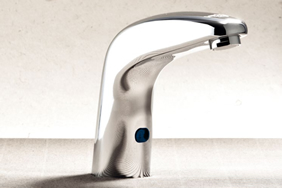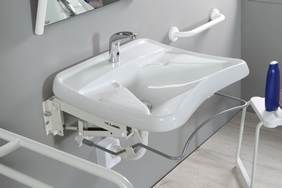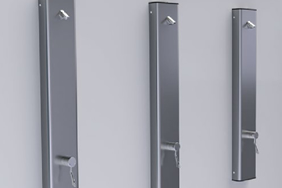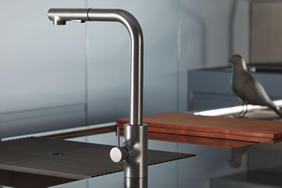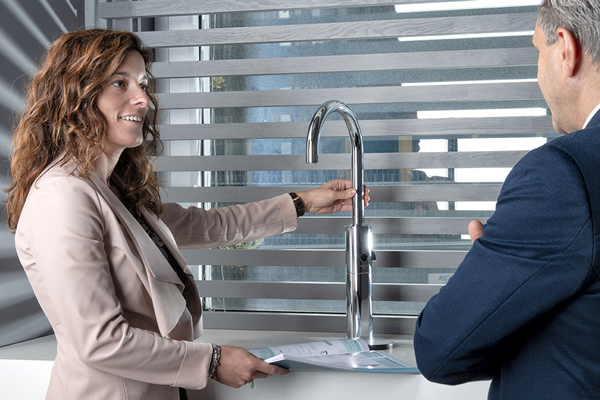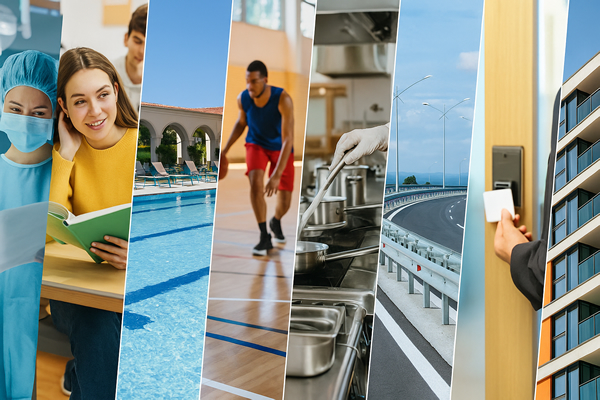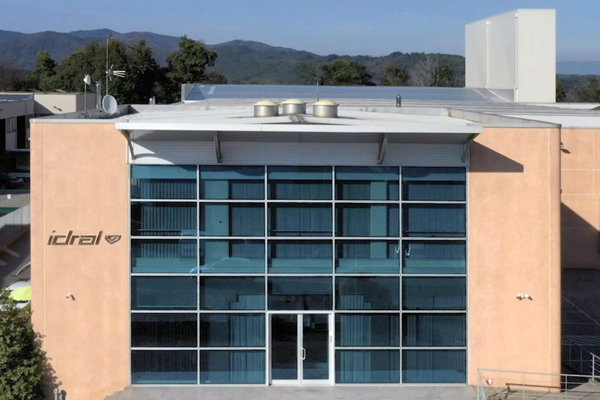Agenda 2030: the well-being of people and the planet depends on conscious water consumption
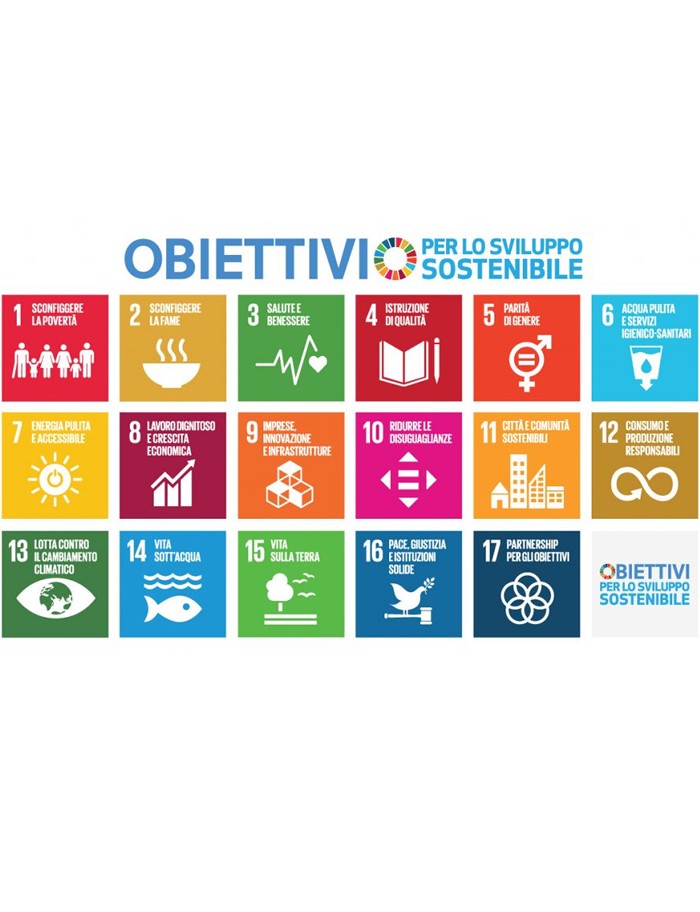
On 25 September 2015, the United Nations General Assembly met in New York to celebrate the 70th anniversary of the UN and established the new Global Goals for Sustainable Development.
During this three-day meeting, the Assembly adopted and signed a protocol entitled 'Transforming our world: the 2030 Agenda for Sustainable Development'.
This agenda is an agenda for people, planet and well-being. It is an historic event! Never before, after a global pandemic, has it become so important to re-read and think about these goals.
The protocol contains objectives and commitments for all countries and all stakeholders who, acting in collaboration, will have to try to respect and implement this programme, with the aim of achieving the greatest possible wellbeing by 2030 and fighting poverty, putting the world on the road to sustainability and resilience.
The goals, which you can find and learn more about at this link https://asvis.it/agenda-2030/# are 17, with different themes and contents: from education to world hunger, from renewable resources to gender equality, from dignity at work to innovation for business and infrastructure.
POINT 6: 'CLEAN WATER AND SANITATION'
"Ensure the availability and sustainable management of water and sanitation for all". In 2018, 844 million people in the world still lack access to clean water and 2.3 billion lack basic sanitation. In Italy, civil water systems present major deficiencies in the efficiency of distribution networks with losses of around 40 per cent.
There are local situations where there is not enough water available to cover overall demand, due to unequal distribution. And ongoing climate change will affect availability, quality and quantity of available water.
A worrying figure tells us that "in the last 100 years, water use has increased sixfold. Food security, health, economic growth and ecosystems ALL depend on water resources, which are vulnerable to the impacts of global warming.
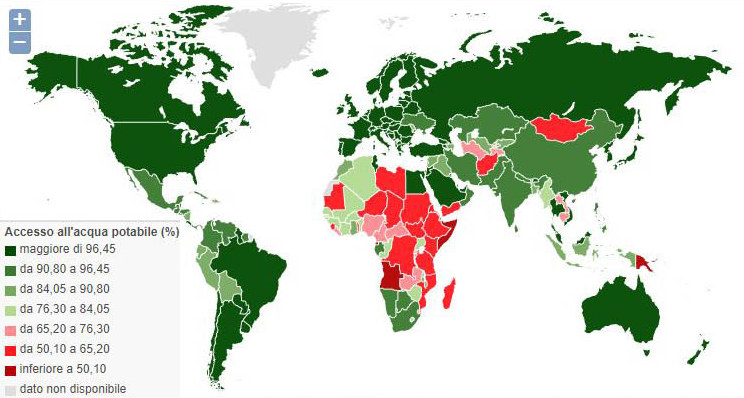
Too often, the value of water resources is underestimated.
Climate-sensitive water needs sustainable management that overcomes the current model, which is inefficient in monitoring and infrastructure.
A conscious use of water through low-consumption taps and toilets
In embarking on this collective journey, Idral adopts very precise choices such as adhering in 2014 to the Water Label, the new European classification system for measuring the water consumption of tap products, which declares the low consumption of our products in line with the consumption and savings targets indicated in the 2030 Agenda.
In fact, with 6lt/minute for a faucet or 8lt/minute for a shower, delivered via a 15 or 25 second timed control, sufficient comfort is provided and unnecessary water wastage is avoided.
__ETS_EMBED_Mg==__
These mechanisms, by means of timing or even photocell sensors, can be adopted by everyone, both in the private and public sector, replacing old mechanical devices that often remain open due to carelessness on the part of the user, leak due to lack of maintenance, etc.
Choosing wellness must be possible for everyone, and at Idral we try every day to provide tools to our customers who, like us, believe in these choices. For information on low consumption products, contact us and we will be happy to advise you.
by Manuela Capra
Sales Coordinator Italy





